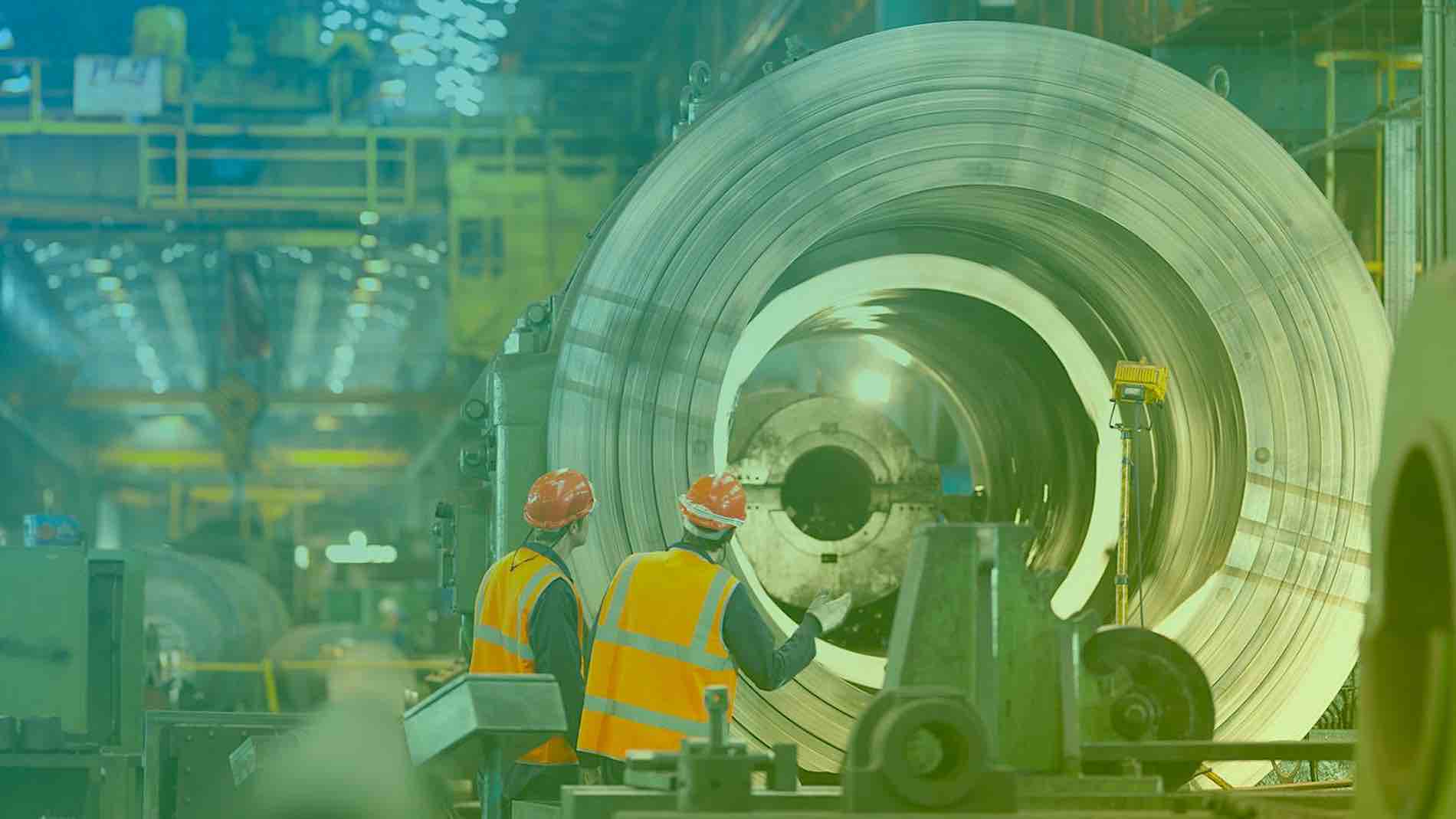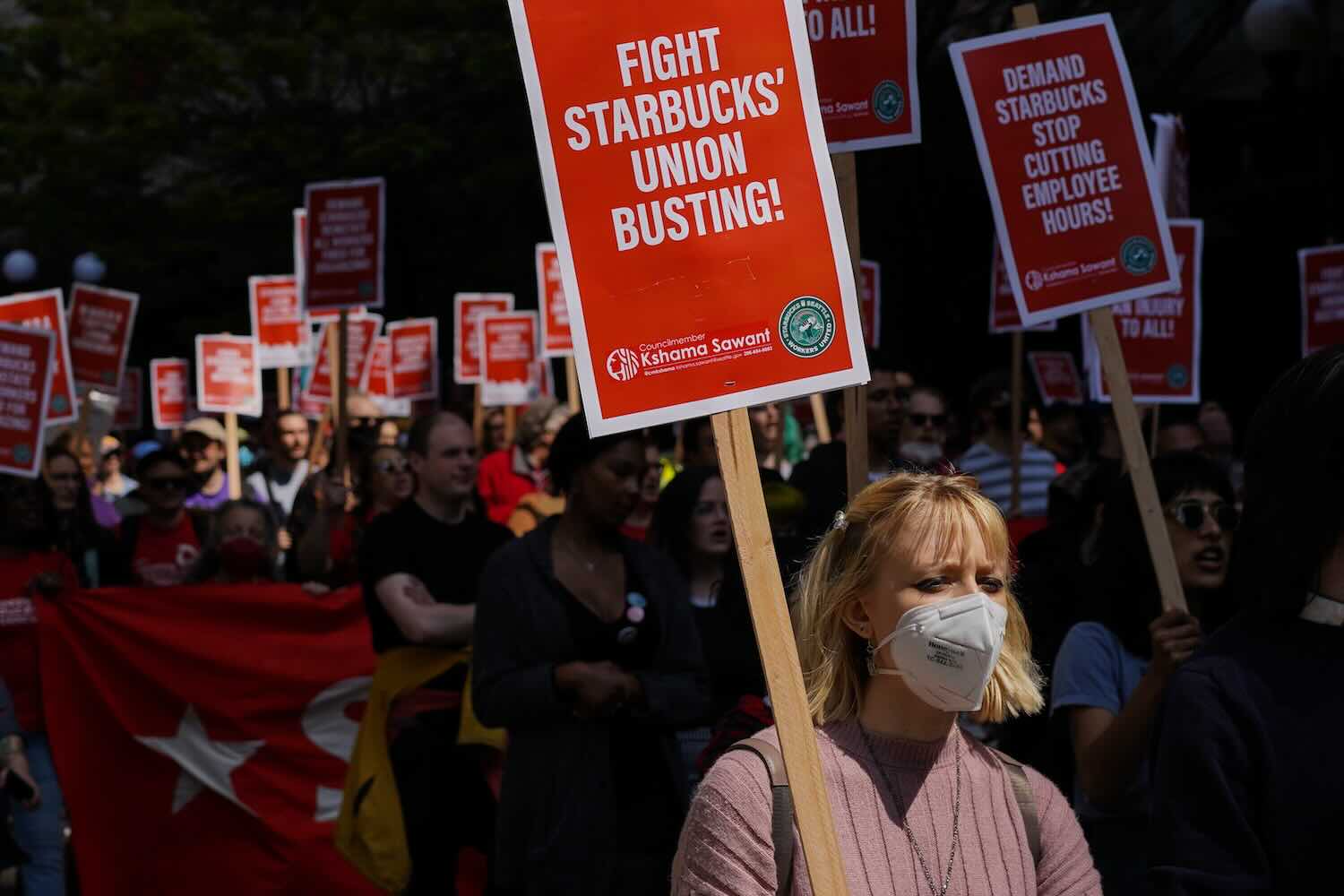ImpactAlpha, Sept. 8 – In one of the largest climate tech deals of the year, Sweden’s H2 Green Steel pulled in €1.5 billion ($1.6 billion) to finance a large-scale green steel plant in Boden, Sweden.
The plant, which will use green hydrogen produced on-site in place of conventional coal, is expected to fire up by 2026. Led by Swedish investor Altor, Singapore’s GIC, Hy24 and Just Climate, the deal was the largest private investment in Europe this year.
Just in time for Climate Week (or Weeks, as it were), investors are whipping out their checkbooks and reversing a slowdown in climate tech funding. Climate tech investments had plunged in the first half of the year along with the broader venture capital market. On a hot streak are startups addressing some of the thorniest decarbonization challenges, such as greening the production of steel.
“This marks the start of industrial scale decarbonization of basic materials production,” said H2 Green Steel’s Otto Gernandt. The sector will require substantial investments over the coming decades, he added.
“We hope this financing will contribute towards accelerating the much needed, broad participation of capital markets in the transformation of hard-to-abate industries.”
H2 Green Steel also raised €3.5 billion in debt financing earlier this year.
H2’s blockbuster deal comes on the heels of Boston Metal’s $262 million raise to commercialize its renewable energy-powered electrochemical process for making green steel. It, too, is looking to begin commercial production of green steel around 2026.
Investors in Boston Metal’s Series C round included ArcelorMittal, BHP Ventures, Breakthrough Energy Ventures, Microsoft’s Climate Innovation Fund, Prelude Ventures, IFC and Aramco Ventures.
Cost Curves
Steel underpins critical infrastructure around the world, as well as electric vehicles, wind turbines and buildings. Steel makers have traditionally used coal-fired blast furnaces to heat iron ore and separate the metal from oxygen. Coal emissions account for the majority of the 10% of global emissions steel making generates.
Corporations are driving demand for green steel by demanding low-carbon options. Some three-dozen companies that are part of SteelZero have pledged to procure, specify or stock 100% green zero steel by 2050. Customers including BMW Group, Electrolux, Mercedes-Benz and Cargill Metals have signed offtake agreements with H2 Green Steel before it has even begun commercial production.
Another boost comes from the Inflation Reduction Act’s green hydrogen subsidies, which could make the US among the lowest cost producers of steel made with with green hydrogen.











